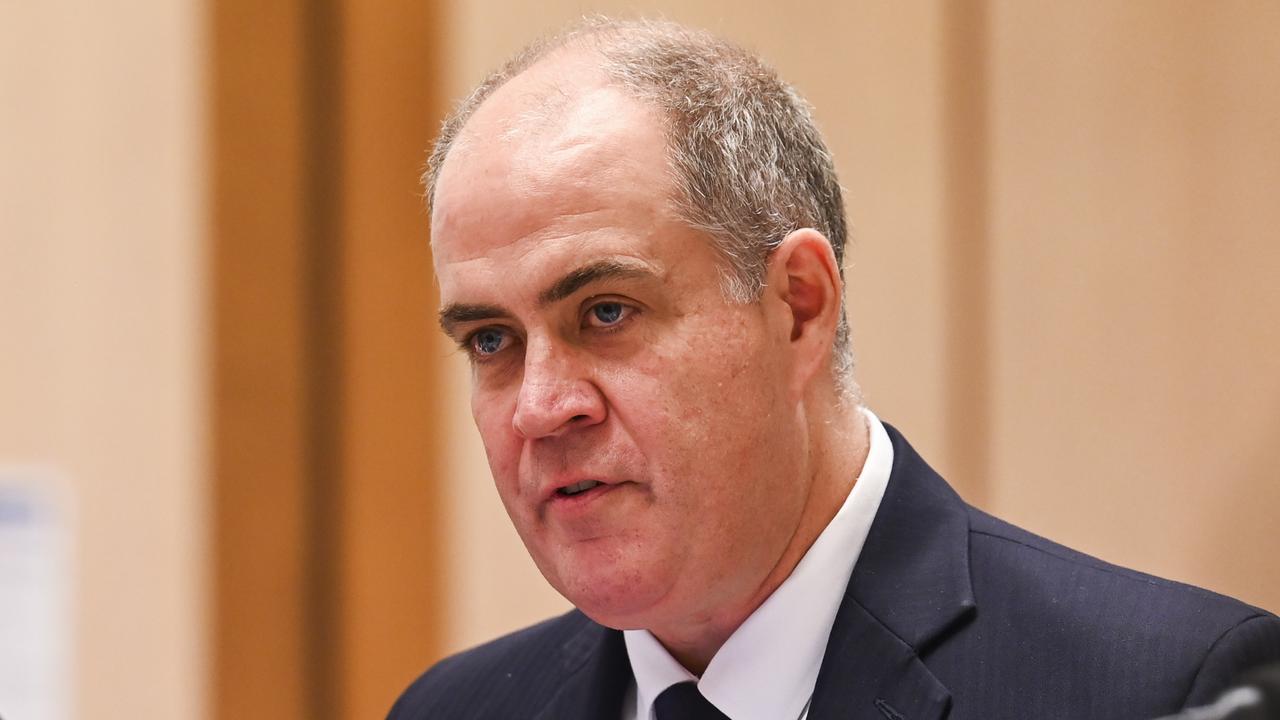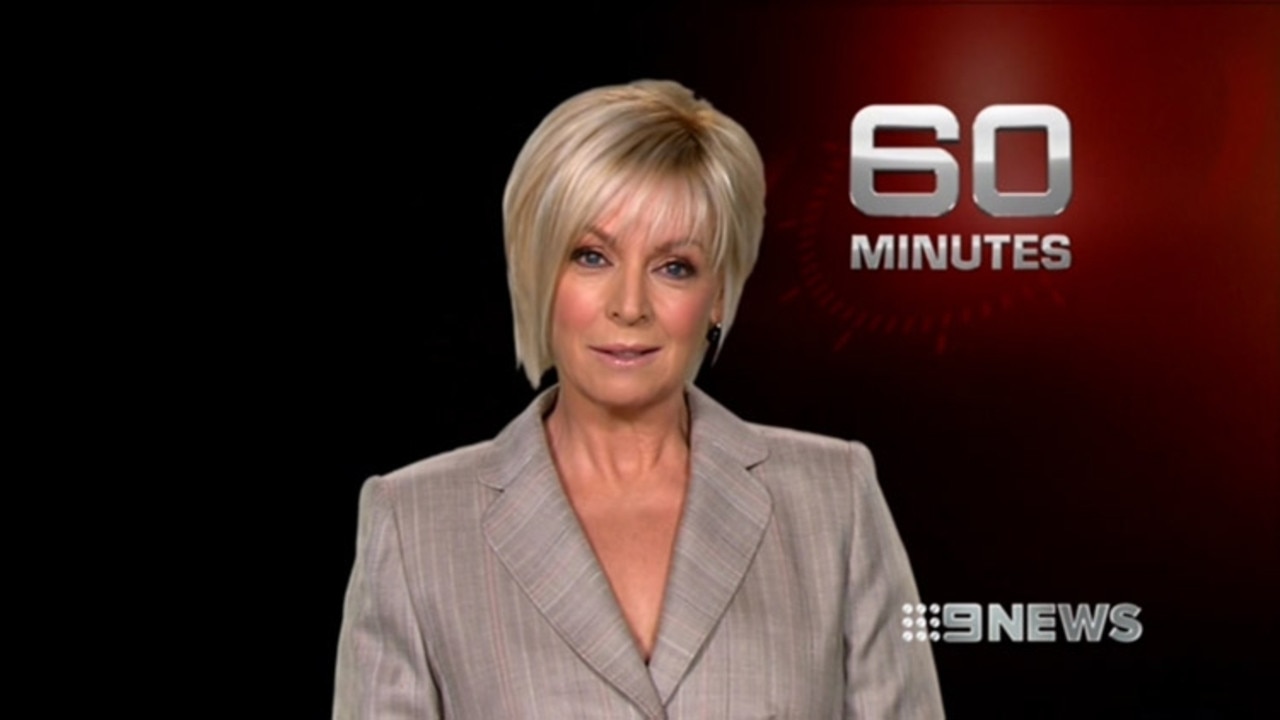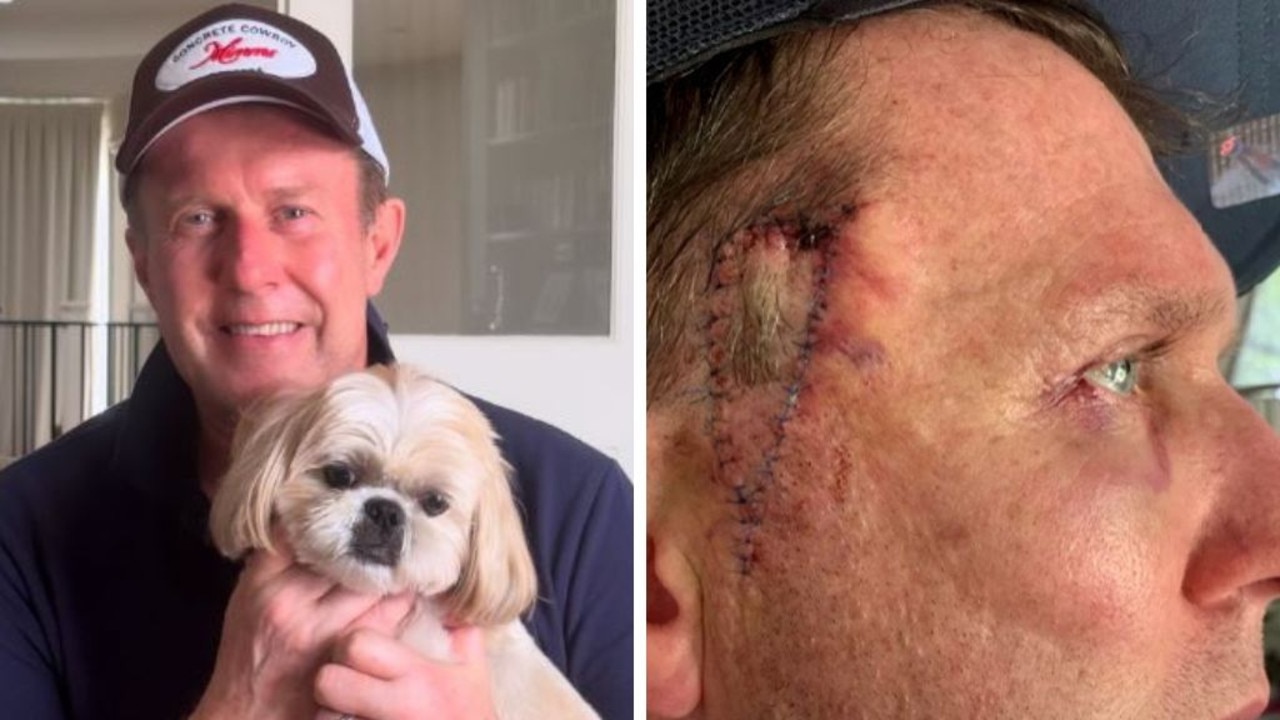ISIS would-be recruits can be rehabilitated: Dateline on SBS TV investigates
A CONTROVERSIAL program is turning the idea of radicalisation on its head. The premise: Treat terrorists with empathy instead of punishing them.
JAMAL was an angry young man on the verge of going to Syria to take up the jihad fight when he got a phone call which changed his life forever.
The teenager had aggressively defended Islam during a high school debate and soon found himself in front of police, even though he hadn’t technically broken any law.
The incident left him feeling marginalised and he began spending more and more time at his local mosque. He became so angry with society that he almost became a terrorist.
“In my mind I was like, ‘they treated me as a terrorist. If they want a terrorist, they will get a terrorist’,” he told Dateline reporter Evan Williams.
It wasn’t until a policeman called to apologise for how he was treated, and encouraged him to join a mentoring program, that his views began to soften.
The controversial program dubbed Hug a Jihadi may sound like a strange concept at first.
But police in Denmark claim treating radicalised young people with empathy and rehabilitating them, rather than treating them as criminals is producing some astounding results.

Dateline, which airs on SBS tonight, looks at whether terrorism can be stopped using this approach.
The program, run by police in Denmark’s second largest city, Aarhus, offers radicalised youths and adults a way out and the chance to reintegrate into society.
And according to Williams, it appears to be working.
Williams said while Jamal was suspicious of the program, at first, he worked through his issues about the difficulties of being a Muslim in Denmark and slowly began to reconsider his views.
The TV journalist said he wanted to start a discussion on how to fix the issue of young people feeling they didn’t fit into society, helping drive them into the arms of jihad recruiters.
While Australia has deradicalisation programs, he believes the Danish model is different because it addresses the root causes of disenfranchisement and also offers more opportunity for reintegration.
“We also tend to take a hammer approach and be quick to punish whereas this model goes back to the cause,” he said.
Williams said the Danish model also looked at why these young men felt they didn’t fit into society.
“While we in the west might blame Islam for the cause it’s much more complex than that — while Islam is a part of that, it’s not the whole picture,” he said.
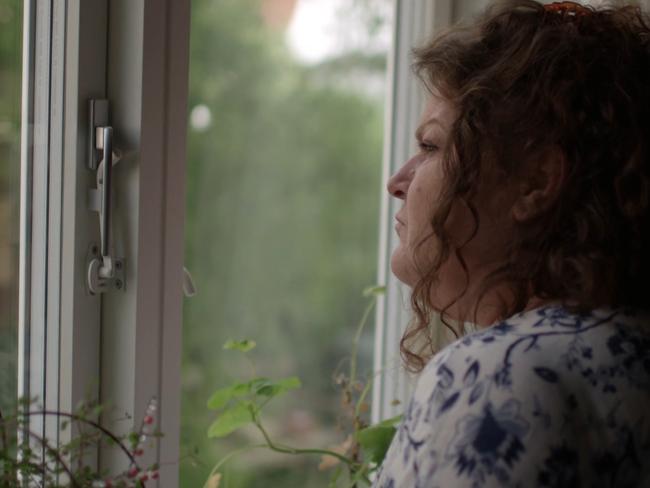
Williams said the program is also offered to those fighters who have returned home but admitted this idea was more controversial.
He said he still felt the idea could work in other countries as well, including Australia.
“Aarhus had one the highest numbers of young people per capita leaving for Syria and has reduced that obvious recruitment ground to zero,” he said.
“For Jamal his home was raided and he was left humiliated and feeling as if he was being pushed out and rejected from society.”
Williams said lone wolves were typically radicalised online and this was a world they did feel accepted.
“These young men are looking for meaning and a sense of family and feel they get this through IS ideology, they feel they’re fighting for a bigger cause and that’s what empowers them,” he said.
However the program hasn’t gone down well with everyone.
Syrian-born Danish politician Naser Khader believes it sends the wrong message and basically tells young Muslims; “Go out and do something criminal, be jihadis, you will get a lot of privilege from the society. That’s wrong in my opinion.”
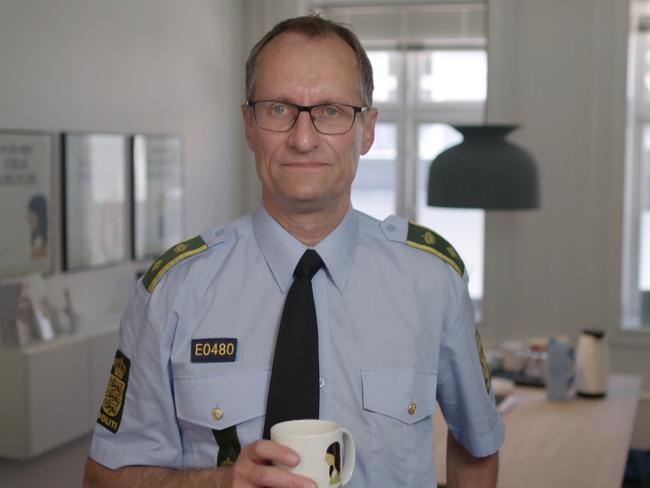
CONTROVERSIAL IDEA
The idea behind the program came from a stream of calls to the police from parents whose children had fled to Syria in the search of fighting for a cause they believed in.
Superintendent Allan Aarslev and his team had an idea on how to stem the tide of would be fighters leaving the country — and also for those wanting to return home.
“We had a number of options,” he told Dateline.
“We could prosecute them all if we can find evidence, however those we couldn’t prosecute, what should we do about them?”
The answer was to reach out to young men like Jamal and give them a chance to have their voices heard.
Police in Aarhus believe this is the main source of discontent driving young Muslims to extremism in the first place.
‘Hug a Jihadi’ airs on Dateline, tonight at 9.30pm on SBS.
Continue the converstion @newscomHQ | @SBSDateline | @evanwilliams_tv


